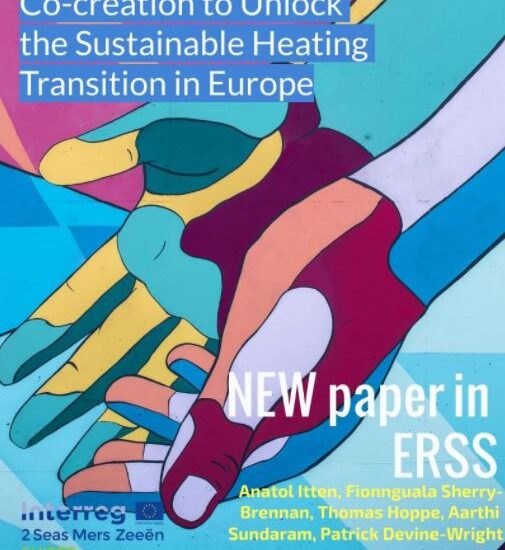An academic journal article based on experiences of SHIFFT WP2 has been published in the ‘Energy Research and Social Science’ journal.
Providing heat is a key aspect of social life and a necessity for comfort and health in cold climates. Even though heat accounts for a large proportion of worldwide carbon emissions and is the largest energy end-use, it has remained largely untouched by efforts to decarbonize. Efforts to do so meet significant economic, social-psychological, technical and political challenges. Much is at stake. But what can make a difference? One increasingly discussed potential solution is co-creation. It provides spaces for citizens to share what heating means to them and for stakeholders to build these insights into their programmes for change. However, while local authorities, grassroots, and community organisations are already implementing co-creation with homeowners and groups of citizens, there is a dearth of academic research focusing on the value of co-creating sustainable heating transitions. This indicates a lack of evidence on how these new forms of collaboration perform under which conditions and how they are embedded in the policy cycle. Drawing on European sustainable heating case studies where co-creation has been applied, we outline future areas where critical, engaged research could help us to understand how to unlock sustainable heating transitions.
The article can be accessed here: https://doi.org/10.1016/j.erss.2021.101956


